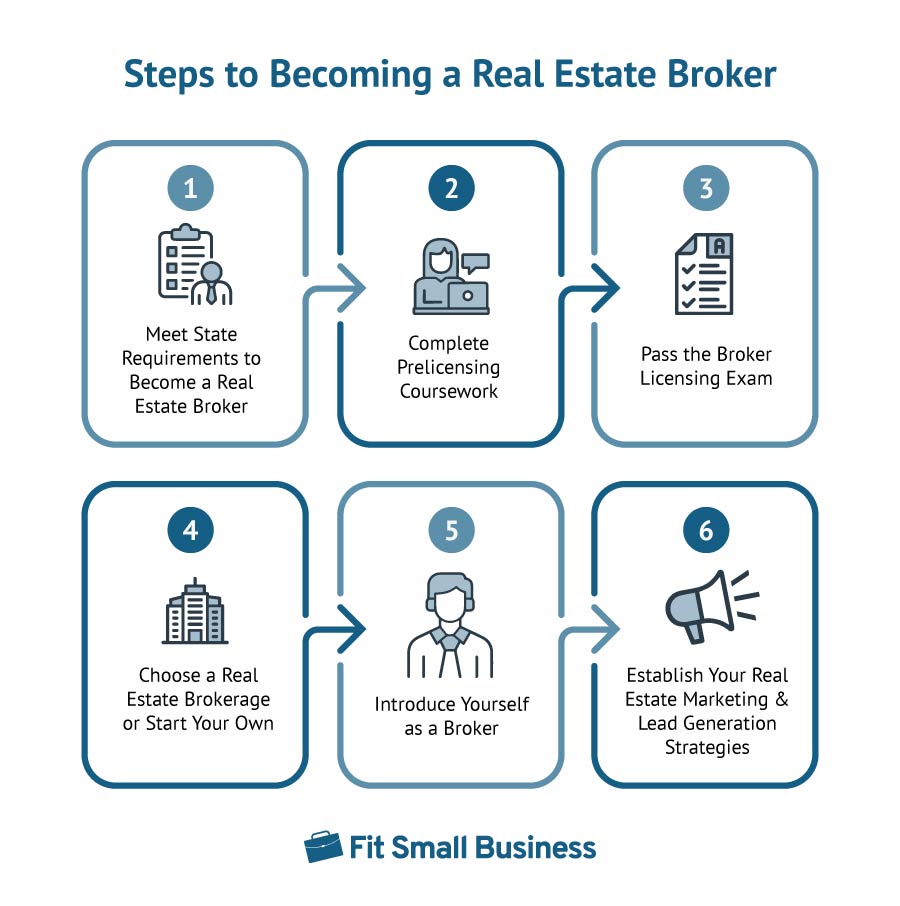
Contingent offers refer to a type real estate contract that requires one party to meet certain conditions before the final sale. This includes financing, home inspections and many other things. They're a way for buyers to protect themselves from losing money if the terms of the agreement don't meet their expectations.
Whether you're a buyer or a seller, there are times when it is best to make an offer that is contingent on the condition that something happens. You can use these contingencies to guarantee that you will be able purchase the house of dreams.
If You are Buying a Home with a Contingent offer
The most common situation where a buyer would want to make a contingent offer on their house is if they are not satisfied with the home inspection. The inspection is done by a professional and it's designed to find any problems with the house that could be problematic for the buyer if they were to purchase the home.

These types of problems can include things like mold, termites, structural damage, and other issues that can be expensive to repair. A buyer with a contingent offer has the option of backing out of the deal or renegotiating the price.
You Can Make a Contingent Purchase Offer if You Are a Buyer
Today's market is a tough one for contingency agreements. The appraisal is lower than the agreed-upon sale price, or the buyer cannot get financing in time. Many sellers will not accept such offers.
In this situation, you have two choices: Sell the home yourself, or wait for it to expire. It doesn't matter which way you go, you are putting your house on the marketplace with less competition.
Regardless of what you choose, always be sure to discuss all the details with a real estate agent. They will be able help you understand exactly what the contingency is, how long it takes and any additional information you may need.

You Should Not Ever Reject a Contingent Offer
Home inspections are the most crucial contingency for any real estate deal. It is the only method to discover what you truly need to know about any house before signing contracts and putting down earnest money deposits.
As a buyer, it is a good idea that you include a kick-out provision in your sale contract. This way, you will be able to continue to present and accept other offers. If a better offer comes in, you can then remove the contingency and move forward with the sale.
Depending on your needs, you may also consider renting for a short period of time before closing. It's a good way to save money and get the home of your dreams while you search for your new home. This is a great way to avoid selling your home too soon, since a buyer that puts down a deposit on a house that's not what they were expecting can leave the deal with no money.
FAQ
Can I buy a house in my own money?
Yes! Yes. These programs include FHA, VA loans or USDA loans as well conventional mortgages. More information is available on our website.
How can I get rid of termites & other pests?
Your home will be destroyed by termites and other pests over time. They can cause serious destruction to wooden structures like decks and furniture. This can be prevented by having a professional pest controller inspect your home.
What is reverse mortgage?
A reverse mortgage is a way to borrow money from your home without having to put any equity into the property. You can draw money from your home equity, while you live in the property. There are two types: government-insured and conventional. You must repay the amount borrowed and pay an origination fee for a conventional reverse loan. FHA insurance covers your repayments.
How many times may I refinance my home mortgage?
This is dependent on whether the mortgage broker or another lender you use to refinance. You can refinance in either of these cases once every five-year.
What should you look for in an agent who is a mortgage lender?
A mortgage broker is someone who helps people who are not eligible for traditional loans. They work with a variety of lenders to find the best deal. Some brokers charge a fee for this service. Other brokers offer no-cost services.
Is it possible to sell a house fast?
You may be able to sell your house quickly if you intend to move out of the current residence in the next few weeks. But there are some important things you need to know before selling your house. First, you must find a buyer and make a contract. You must prepare your home for sale. Third, advertise your property. You should also be open to accepting offers.
What should I do if I want to use a mortgage broker
A mortgage broker can help you find a rate that is competitive if it is important to you. A broker works with multiple lenders to negotiate your behalf. Some brokers earn a commission from the lender. You should check out all the fees associated with a particular broker before signing up.
Statistics
- Private mortgage insurance may be required for conventional loans when the borrower puts less than 20% down.4 FHA loans are mortgage loans issued by private lenders and backed by the federal government. (investopedia.com)
- It's possible to get approved for an FHA loan with a credit score as low as 580 and a down payment of 3.5% or a credit score as low as 500 and a 10% down payment.5 Specialty mortgage loans are loans that don't fit into the conventional or FHA loan categories. (investopedia.com)
- Based on your credit scores and other financial details, your lender offers you a 3.5% interest rate on loan. (investopedia.com)
- This means that all of your housing-related expenses each month do not exceed 43% of your monthly income. (fortunebuilders.com)
- 10 years ago, homeownership was nearly 70%. (fortunebuilders.com)
External Links
How To
How to Manage a Rental Property
Although renting your home is a great way of making extra money, there are many things you should consider before you make a decision. This article will help you decide whether you want to rent your house and provide tips for managing a rental property.
Here's how to rent your home.
-
What factors should I first consider? Consider your finances before you decide whether to rent out your house. If you are in debt, such as mortgage or credit card payments, it may be difficult to pay another person to live in your home while on vacation. Also, you should review your budget to see if there is enough money to pay your monthly expenses (rent and utilities, insurance, etc. You might find it not worth it.
-
What is the cost of renting my house? The cost of renting your home depends on many factors. These factors include the location, size and condition of your home, as well as season. It's important to remember that prices vary depending on where you live, so don't expect to get the same rate everywhere. Rightmove shows that the median market price for renting one-bedroom flats in London is approximately PS1,400 per months. If you were to rent your entire house, this would mean that you would earn approximately PS2,800 per year. Although this is quite a high income, you can probably make a lot more if you rent out a smaller portion of your home.
-
Is it worth the risk? Although there are always risks involved in doing something new, if you can make extra money, why not? Before you sign anything, though, make sure you understand exactly what you're getting yourself into. Your home will be your own private sanctuary. However, renting your home means you won't have to spend as much time with your family. These are important issues to consider before you sign up.
-
Is there any benefit? So now that you know how much it costs to rent out your home and you're confident that it's worth it, you'll need to think about the advantages. There are many reasons to rent your home. You can use it to pay off debt, buy a holiday, save for a rainy-day, or simply to have a break. Whatever you choose, it's likely to be better than working every day. You could make renting a part-time job if you plan ahead.
-
How do you find tenants? Once you've made the decision that you want your property to be rented out, you must advertise it correctly. Listing your property online through websites like Rightmove or Zoopla is a good place to start. Once potential tenants contact you, you'll need to arrange an interview. This will help you evaluate their suitability as well as ensure that they are financially secure enough to live in your home.
-
How do I ensure I am covered? You should make sure your home is fully insured against theft, fire, and damage. In order to protect your home, you will need to either insure it through your landlord or directly with an insured. Your landlord will likely require you to add them on as additional insured. This is to ensure that your property is covered for any damages you cause. However, this doesn't apply if you're living abroad or if your landlord isn't registered with UK insurers. In these cases, you'll need an international insurer to register.
-
You might feel like you can't afford to spend all day looking for tenants, especially if you work outside the home. Your property should be advertised with professionalism. A professional-looking website is essential. You can also post ads online in local newspapers or magazines. You'll also need to prepare a thorough application form and provide references. Some people prefer to do the job themselves. Others prefer to hire agents that can help. Either way, you'll need to be prepared to answer questions during interviews.
-
What happens once I find my tenant You will need to notify your tenant about any changes you make, such as changing moving dates, if you have a lease. If this is not possible, you may negotiate the length of your stay, deposit, as well as other details. Remember that even though you will be paid at the end of your tenancy, you still have to pay utilities.
-
How do I collect the rent? When the time comes to collect the rent, you'll need to check whether your tenant has paid up. If not, you'll need to remind them of their obligations. You can deduct any outstanding payments from future rents before sending them a final bill. If you are having difficulty finding your tenant, you can always contact the police. They won't normally evict someone unless there's been a breach of contract, but they can issue a warrant if necessary.
-
How can I avoid potential problems? Renting out your house can make you a lot of money, but it's also important to stay safe. Consider installing security cameras and smoke alarms. It is important to check that your neighbors allow you leave your property unlocked at nights and that you have sufficient insurance. Do not let strangers in your home, even though they may be moving in next to you.